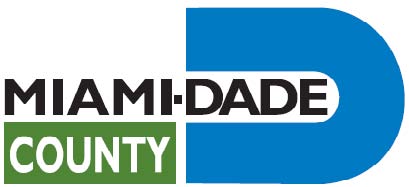Miami Dade Renewal Or Revision?
Miami-Dade Product Control follows distinct procedures for renewing and revising a Notice of Acceptance (NOA).
Here’s how they differ in scope and requirements.
Renewing A Miami-Dade NOA
Revising An Existing Miami Dade NOA
Renewing a Miami-Dade NOA extends the product’s expiration date, typically for up to five years. This process is used when the Florida Building Code has been updated but the evaluation remains valid, or when the Quality Assurance (QA) date has expired.
A renewal does not modify drawings or technical content—it only extends the existing approval’s validity. Updated QA documentation and contact information may be required.
Miami-Dade’s renewal fee is generally lower than a revision, and the process is simpler if no design changes are involved.
For exact requirements and timing, contact your Miami-Dade Product Approval representative directly.
A Miami-Dade NOA revision is required whenever changes are made to the approved product documentation, such as:
-
Updates to the Florida Building Code
-
Alternate substrates or materials
-
Modifications to installation details
Example: Updating an approval to comply with the next Florida Building Code and adding an alternate substrate requires submission as a revision.
Important: A revision does not extend the NOA’s expiration date. If you only submit a revision, the approval’s expiration remains unchanged, and a separate fee is required to renew the NOA.
About Miami Dade Hourly Reviews
Miami Dade hourly product approval reviews are used for circumstances where an approval needs to be updated for the new code but there are absolutely no changes to the drawing (other than the new Florida Building Code callout in the general notes for example). The fee for hourly review can be found via the button below.
This fee is in addition to the renewal or revision fees incurred
Key points from the NOA and Certificate of Competency applications:
- International Manufacturing: Submit a Distributor Agreement Form.
- One-Time NOA: Allows single-use approval for manufacturers, contractors, designers, or end users.
- HVHZ: High Velocity Hurricane Zone as defined by Miami-Dade.
- Proposal Submittals: Outline testing or qualification for a product line, alternate, or system.
- Association Product Submittals: Request a master NOA for use by association members.
- Special Services: Reviews beyond standard procedures, billed for staff time and costs.
- Quality Assurance Audits: Annual audits ensure ongoing compliance for approved products or systems.
For guidance with your next project, explore our Plans, Calculators, Knowledge Base,
or contact us directly for site-specific support
Last Update: October 23, 2025
Related Knowledge Base Posts -
- Should a professional utilize the ASD (Allowable Stress Design) method or the LRFD (Load Resistance Factored Design) method when calculating the required wind pressure for use with tested-approved systems?
- Did the wind loading requirements change for rooftop structures for ASCE 7-22 – ASCE 7-16 & The Florida Building Code?
- What wind speed should I use for my project?
- ASCE 7 WIND EXPOSURE CATEGORIES AND HOW EXPOSURE ‘D’ WORKS
- What is a window or door buck
- What are the requirements for using ASTM Missile Level E in Florida and the US?
